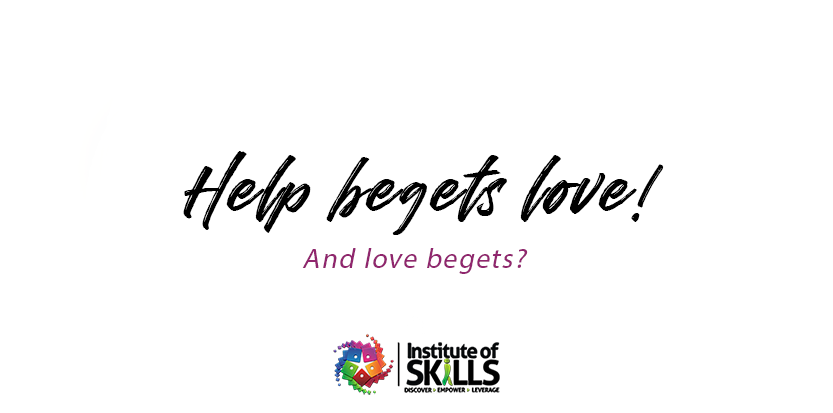- July 4, 2016
- Posted by: Enrichment Catalyst
- Category: Binding Tales

A true story happened in 1892 at Stanford University: An 18-year-old student was struggling to pay his fees.He was an orphan, and not knowing where to turn for money, he came up with a bright idea. He and a friend decided to host a musical concert on campus to raise money for their education. They reached out to the great pianist Ignacy J. Paderewski. His manager demanded a guaranteed fee of $2000 for the piano recital. A deal was struck and the boys began to work to make the concert a success. The big day arrived. But unfortunately, they had not managed to sell enough tickets. The total collection was only $1600. Disappointed, they went to Paderewski and explained their plight. They gave him the entire $1600, plus a cheque for the balance $400.
They promised to honour the cheque at the soonest possible. “No,” said Paderewski. “This is not acceptable.” He tore up the cheque, returned the $1600 and told the two boys: “Here’s the $1600. Please deduct whatever expenses you have incurred. Keep the money you need for your fees. And just give me whatever is left”. The boys were surprised, and thanked him profusely. It was a small act of kindness. But it clearly marked out Paderewski as a great human being. Why should he help two people he did not even know? We all come across situations like these in our lives. And most of us only think “If I help them, what would happen to me?” The truly great people think, “If I don’t help them, what will happen to them?” They don’t do it expecting something in return.
They do it because they feel it’s the right thing to do. Paderewski later went on to become the Prime Minister of Poland. He was a great leader, but unfortunately when the World War began, Poland was ravaged. There were more than 1.5 million people starving in his country, and no money to feed them. Paderewski did not know where to turn for help. He reached out to the US Food and Relief Administration for help. The head there was a man called Herbert Hoover — who later went on to become the US President. Hoover agreed to help and quickly shipped tons of food grains to feed the starving Polish people. A calamity was averted. Paderewski was relieved. He decided to go across to meet Hoover and personally thank him. When Paderewski began to thank Hoover for his noble gesture, Hoover quickly interjected and said, “You shouldn’t be thanking me Mr. Prime Minister. You may not remember this, but several years ago, you helped two young students go through college. I was one of them.”
Out of this story, the first thing that strikes your mind must be that if a help is done, it will be reversed to you at some point of life. But that is not exactly what the story teaches us. The primary motive is to help people in need if not selflessly at least, by sharing a little of our surplus. You need not give help people with 10,000 bucks when you have a monthly income of 12,000. But if you are able to save 2,000 bucks, you can share it with someone who needs just 20 bucks more to have a decent meal. If the lesson you’ve learnt is that the help will be returned, then what you do cannot be help at all. Because help has to be done selflessly and without expectation. The moment you think about the chain cycled back to you, it becomes an “expectation”. When there is expectation and you don’t receive the help back from the same person you lose faith in helping and the process of humanity and love is broken. The interruption is a discouragement. Helping builds relationship and love above which there is nothing more valuable in return. Relationship and love do not yield monetary benefits but they patch up emotional cracks and offer a long term heal.
